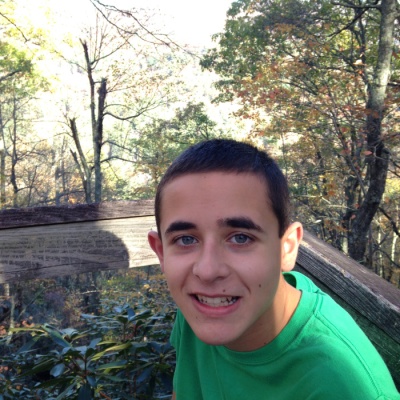Yay for daddies who get it
Ray Hemachandra at Golden Moon Circles
 My son Nicholas yesterday, October 2014
My son Nicholas yesterday, October 2014
Full title and full disclosure: Autism 101: hating your autistic child … and teaching her or him self-loathing.
Twice in the past week I’ve seen “I love my child, but I hate autism” posts by parents of autistics. One was written by a real-life friend I respect greatly, and one was by a Facebook friend I’ve never met.
It’s not that this language is rare. Somewhat shockingly to me, despite much good work by many autistic adults and autism professionals, it is a language still common to many of the largest autism organizations and associations. It is a language still common to many autism parents. It is a language still common to media and general society.
It is, indeed, a language and idea most common and base.
Most times I wince, shudder, and keep moving, because it happens so often and it is so heartbreaking…
View original post 1,443 more words
